American Judiciary, Part 5: John Marshall, Soldier of the Revolution
In early December 1775, Major Thomas Marshall and his son, Lieutenant John Marshall, and the rest of the Culpepper Minutemen were ordered to join Colonel William Woodford at Great Bridge, a small village nine miles south of Norfolk. Here, in the first fight of the American Revolution in Virginia, the young Lieutenant from the frontier would get his initial taste of battle.
The British under Royal Governor Lord Dunmore had erected Fort Murray, a small stockade, near the north end of a critical bridge over the south branch of the Elizabeth River and part of the main road connecting Norfolk to North Carolina. The Americans built breastworks at the southern end of a causeway just across from the British position. At daybreak on December 9, Lord Dunmore ordered a company of British grenadiers to storm the American position, expecting the militiamen to scatter, but the Virginians held strong and repulsed the attack. The British suffered grievously in this first armed conflict in the colonies since Bunker Hill and, in less than thirty minutes, lost almost one hundred men including four officers.
“Baron Frederick William von Steuben.” Pennsylvania Academy of the Fine Arts.
On July 30, 1776, John Marshall received a commission as a Lieutenant in the Eleventh Virginia Regiment and headed north, leaving the militia and beginning a four year stint in the Continental Army. Marshall proved to be an outstanding junior officer, a great leader of men and a positive inspiration for all those who served with him. But the army that Marshall first encountered was struggling to survive, the troops were poorly clad and poorly fed, and the Continental Congress was helpless to fix the issues, completely reliant on the thirteen states to support the army. It was a shock to Marshall who had visions of glory fighting for the liberty of his country and he was disappointed to see the weakness of this unified effort. But it was from this disillusionment that the seeds were planted in his fertile mind that to survive the country would need a stronger central government.
In the Philadelphia campaign of 1777, Marshall commanded a company that ranged in size from thirty to sixty men depending on how many were on the sick list. Marshall’s unit participated in three major engagements in that campaign, the Battles of Iron Hill or Cooch’s Bridge (September 3), Brandywine (September 11), and Germantown (October 4). Captain Marshall was in the thick of every fight and performed his duties admirably, earning the respect of his soldiers and his fellow officers. The campaign was very much a family affair as his father, Colonel Thomas Marshall, participated in each engagement as well, commanding the Third Virginia Regiment and earning the praise of General George Washington, who attested to the Colonel’s “indubitable Bravery, of which he has given proofs upon every occasion.”
When the Continental Army went into winter quarters at Valley Forge in December 1777, it was barely an army. The men’s uniforms were in rags, there was little food to eat, and their only shelter was crudely fashioned huts which they built themselves out of whatever timber could be found. Marshall endured this horrible winter of 1777-78 with the men he led and his natural pleasantness and infectious good spirits helped buoy the flagging spirits of many men. Sadly, during that terrible winter, nearly 3,000 men died from sickness, starvation, and exposure as the Continental Congress and the thirteen state assemblies seemingly ignored the needs of these brave patriots, truly one of the saddest episodes in our nation's history.
But the spring of 1778 finally arrived and with it came new hope. Baron von Steuben, a Prussian officer serving in the Continental Army, had trained the men throughout the winter, transforming it into a professional fighting force. When Sir Henry Clinton, who had replaced Sir William Howe as commander, abandoned Philadelphia in June 1778, General Washington put his newly trained army to the test. The ever-aggressive Washington attacked Clinton’s retreating army at Monmouth on June 28, and, largely thanks to the heroics of Washington, the day-long battle ended well for the Americans, with Captain Marshall’s company holding up against repeated British assaults. But rather than face another fight with the Americans, the British silently withdrew from their lines that night and made it safely back to New York.
The Battle of Monmouth marked the last major engagement for the Continental Army in the northern theater during the war, but Marshall participated in two more remarkable raids in 1779, the Battles of Stony Point and Paulus Hook. Stony Point was a critical spot on the Hudson River that controlled access to the interior of the colonies and the Hudson Highlands. On July 15, General Anthony Wayne chose Marshall to help lead the assault against a strongly held British fortification. The midnight attack was a complete success with the Americans capturing the fort and over 500 Redcoats at the cost of only fifteen American lives. The following month, on August 19, Marshall volunteered for another daring nighttime raid, this one led by Colonel “Light Horse Harry” Lee to take the British garrison at Paulus Hook. The mission was another glowing success as Lee’s force took over 150 prisoners and captured the last British fort in northern New Jersey.
The attack at Paulus Hook marked the end of active combat for Captain Marshall, as he was soon sent home with the expiration of enlistments from the regiment in which he was serving. But no one can truly understand how John Marshall came to develop his strong sense of nationalism without understanding the suffering and deprivations that he endured while serving as an officer in the Continental Army. Marshall saw firsthand what can happen with a weak central government that was powerless to control events, with no means of raising money to pay and feed and clothe an army. It was through this crucible of war that Marshall’s deep sense of nationalism was formed, a nationalism that would shape all his decisions in the years to come.
Next week, we will discuss John Marshall, the Virginia nationalist. Until then, may your motto be “Ducit Amor Patriae,” love of country leads me.

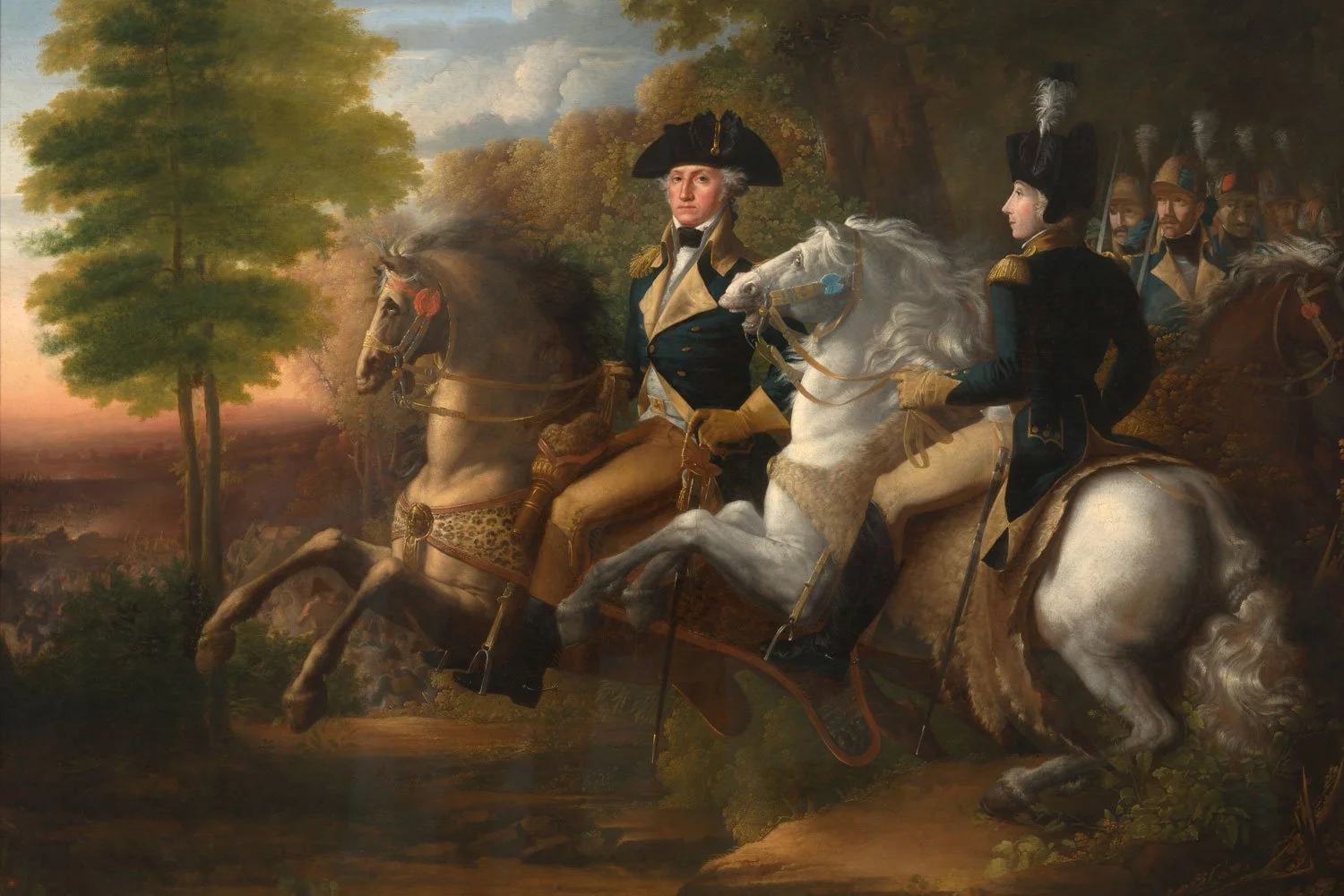
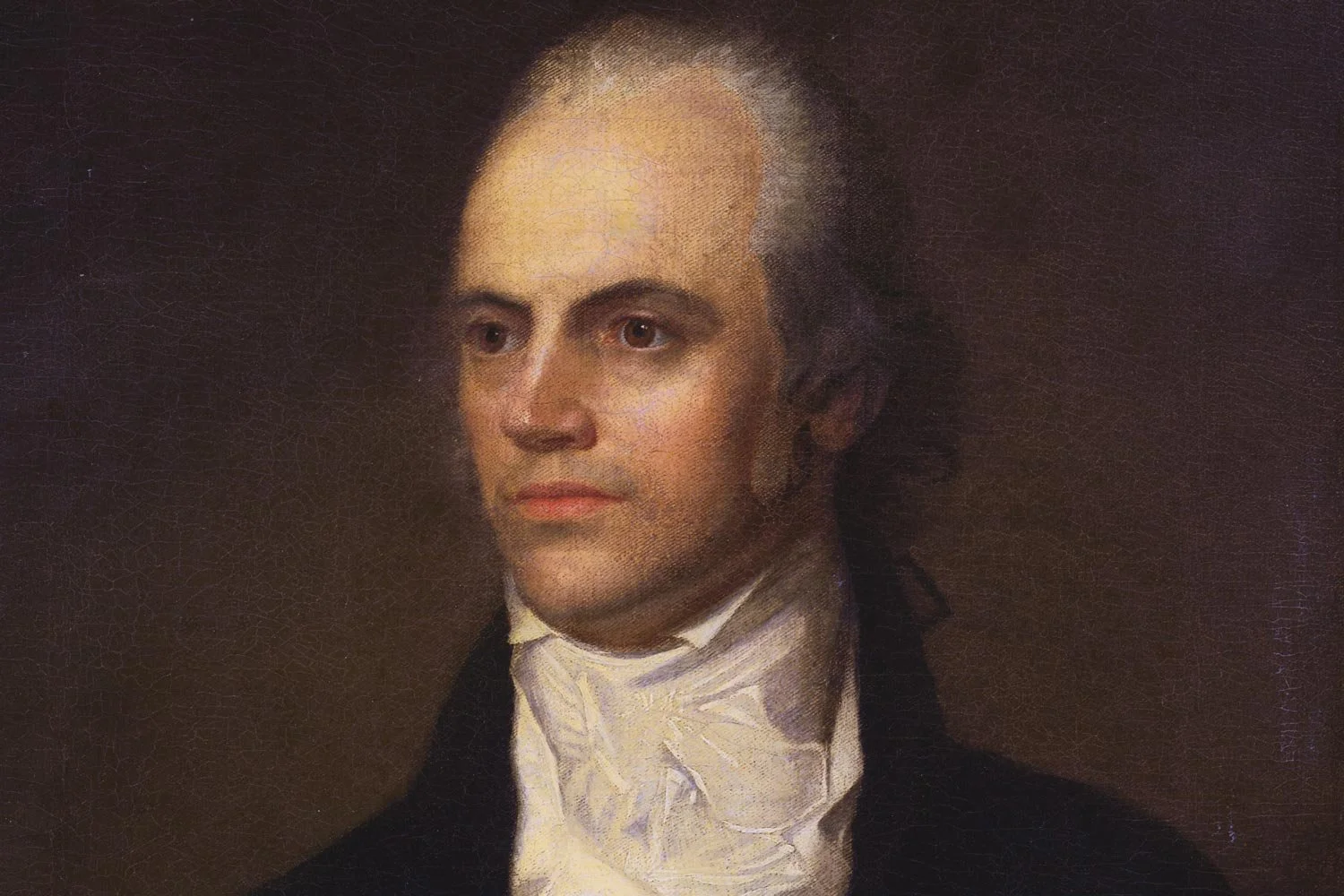

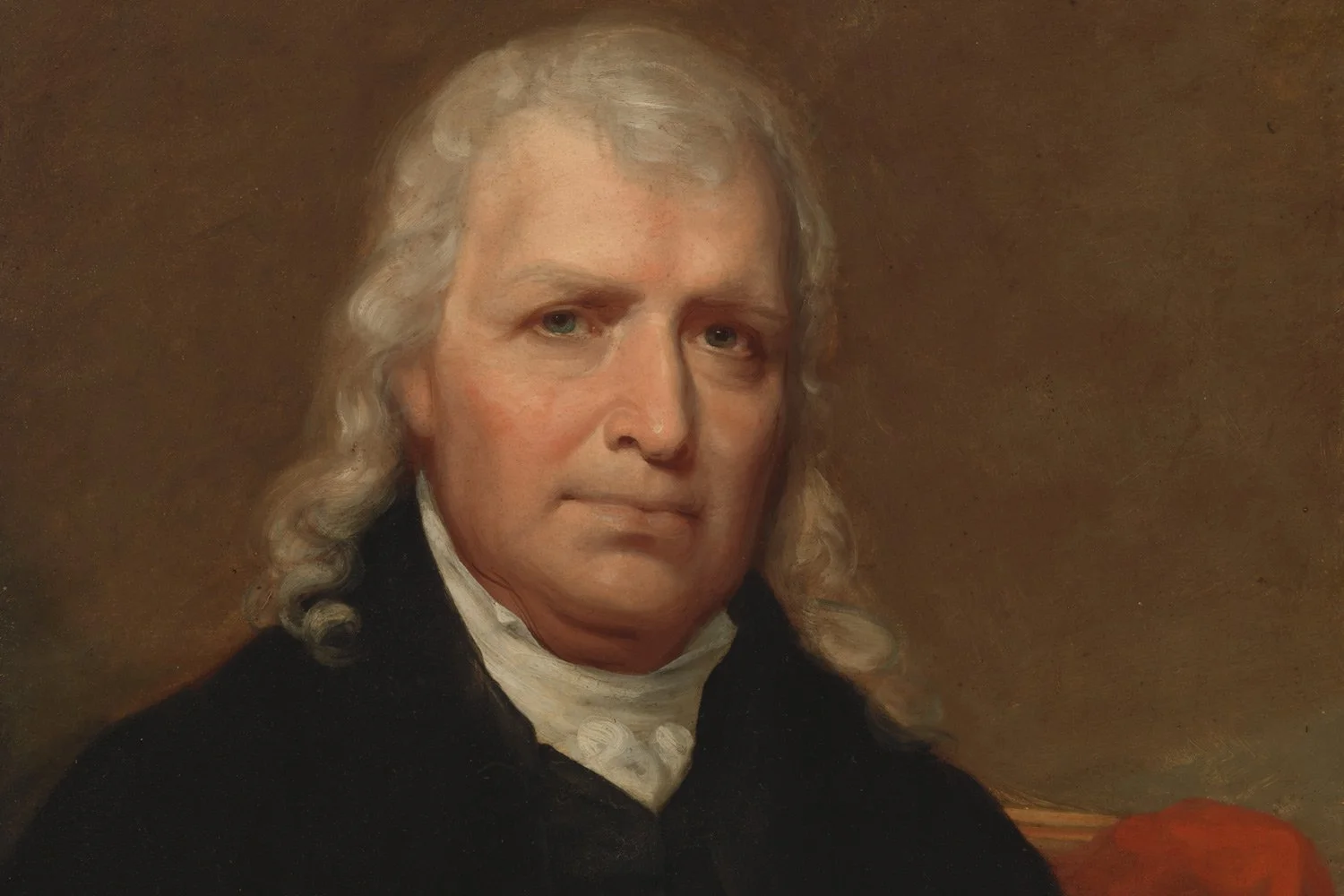
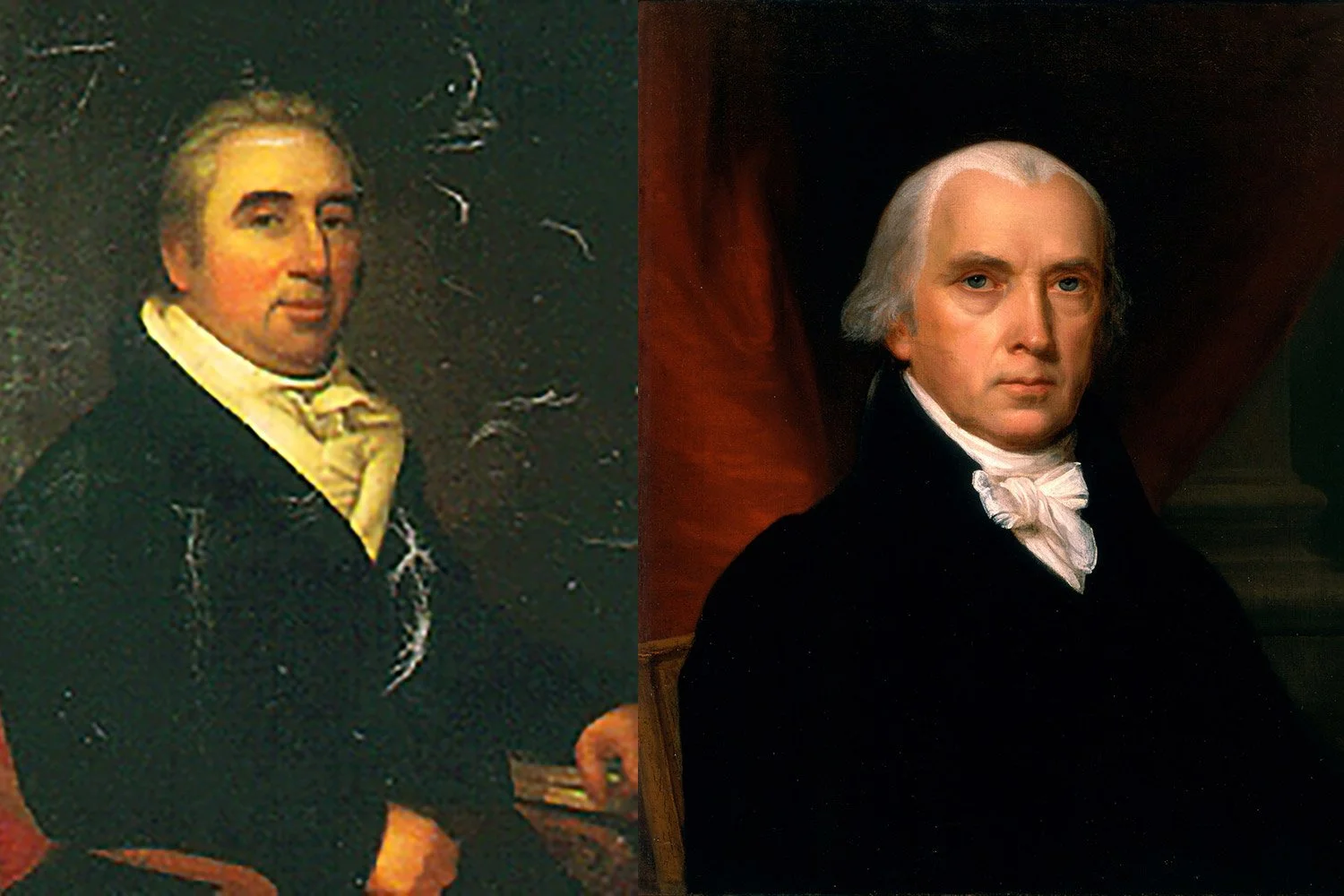
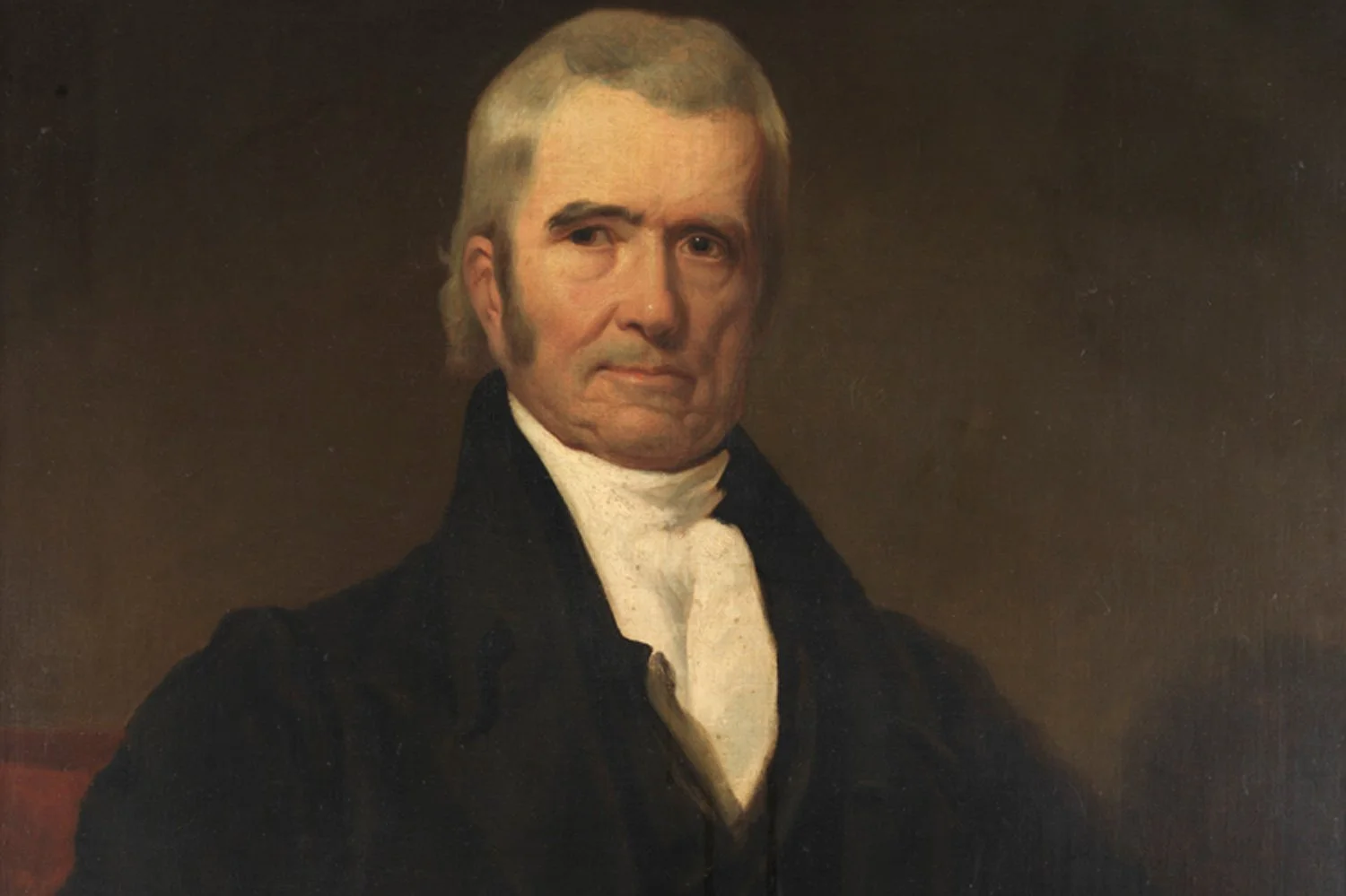


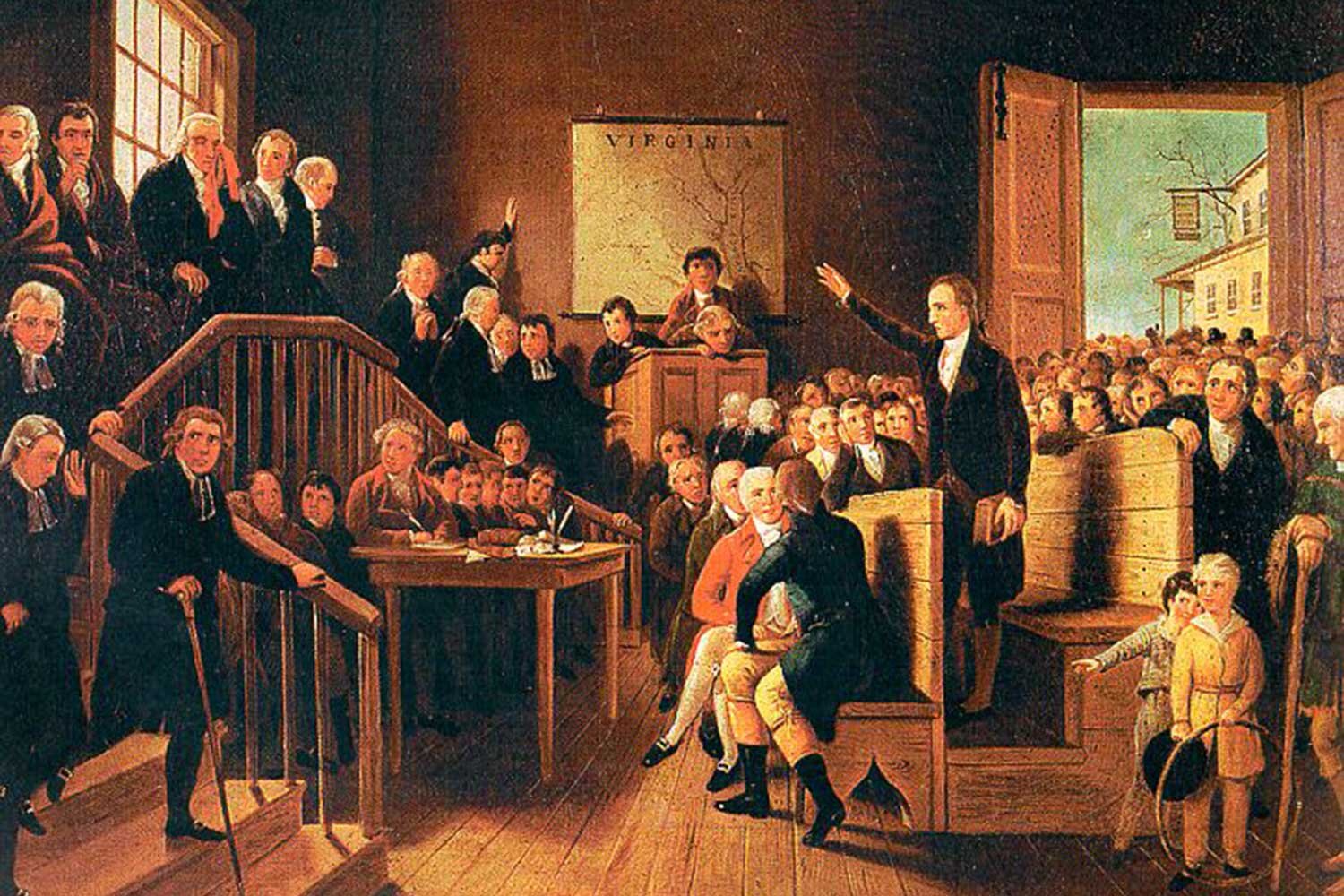
The first few decades of the 19th century were an exciting time for the American judiciary, at least as exciting as anything involving attorneys and judges can be. From the time Thomas Jefferson was sworn in as President on March 4, 1801, through the presidency of Andrew Jackson, there was a tremendous antagonism between the populist Executive branch and the Supreme Court, the last bastion of Federalism. This unprecedented tension between the Executive and the Judiciary made for frequent and intense conflicts, arguably more frequent and more intense than during any other period in our country’s history.